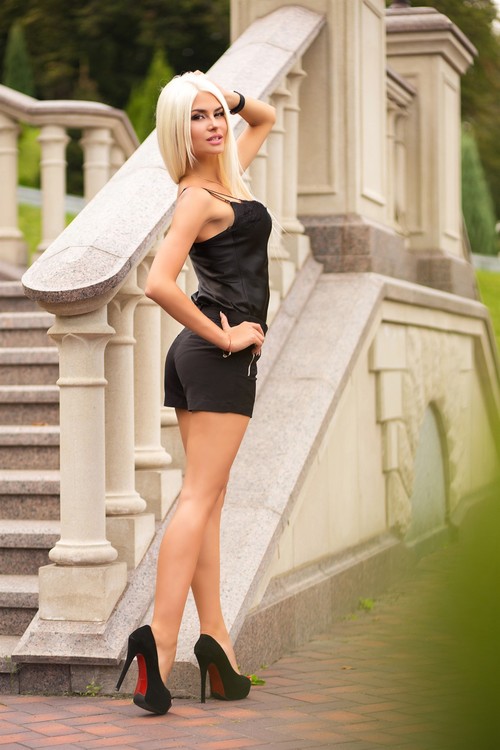Russian president personal life
Brides club- Dating tips author

The path towards a free society has not been simple. There are tragic and glorious pages in our history. Vladimir Putin served as president of Russia from 2000 to 2008, and was re-elected to the presidency in 2012. Russian president personal life previously served as Russia’s prime minister.
In 1999, Russian president Boris Yeltsin dismissed his prime minister and promoted former KGB officer Vladimir Putin in his place. In December 1999, Yeltsin resigned, appointing Putin president, and he was re-elected in 2004. In April 2005, he made a historic visit to Israel—the first visit there by any Kremlin leader. He grew up with his family in a communal apartment, attending the local grammar and high schools, where he developed an interest in sports. After graduating from Leningrad State University with a law degree in 1975, Putin began his career in the KGB as an intelligence officer. Upon returning to Russia, Putin held an administrative position at the University of Leningrad, and after the fall of communism in 1991 became an adviser to liberal politician Anatoly Sobchak.
When Sobchak was elected mayor of Leningrad later that year, Putin became his head of external relations, and by 1994, Putin had become Sobchak’s first deputy mayor. After Sobchak’s defeat in 1996, Putin resigned his post and moved to Moscow. There, in 1998, Putin was appointed deputy head of management under Boris Yeltsin’s presidential administration. In that position, he was in charge of the Kremlin’s relations with the regional governments. Shortly afterward, Putin was appointed head of the Federal Security Service, an arm of the former KGB, as well as head of Yeltsin’s Security Council.
In August 1999, Yeltsin dismissed his prime minister, Sergey Stapashin, along with his cabinet, and promoted Putin in his place. In 2004, Putin was re-elected to the presidency, and in April of the following year made a historic visit to Israel for talks with Prime Minister Ariel Sharon—marking the first visit to Israel by any Kremlin leader. Due to constitutional term limits, Putin was prevented from running for the presidency in 2008. That same year, presidential terms in Russia were extended from four to six years. However, when his protégé Dmitry Medvedev succeeded him as president in March 2008, he immediately appointed Putin as Russia’s prime minister, allowing Putin to maintain a primary position of influence for the next four years. After widespread protests and allegations of electoral fraud, he was inaugurated on May 7, 2012, and shortly after taking office appointed Medvedev as prime minister.
Once more at the helm, Putin has continued to make controversial changes to Russia’s domestic affairs and foreign policy. In December 2012, Putin signed into a law a ban on the U. According to Putin, the legislation—which took effect on January 1, 2013—aimed to make it easier for Russians to adopt native orphans. However, the adoption ban spurred international controversy, reportedly leaving nearly 50 Russian children—who were in the final phases of adoption with U.
Russian brides club
Russian Brides
Dating Posts
- Ukraine personal tax
- Ukraine personal number
- Kpmg ukraine personal income tax
- Russian dating Boston
- Russian brides Boston
- Russian dating in Los-Angeles CA
- Russian brides in United Kingdom
- Russian brides for marriage
- Ukraine personal tax
- Ukraine personal number
- Kpmg ukraine personal income tax
- Ukraine personal income
- Ukraine personal income tax
Recent Posts
Categories
Need Help?
Contact Us Toll-Free